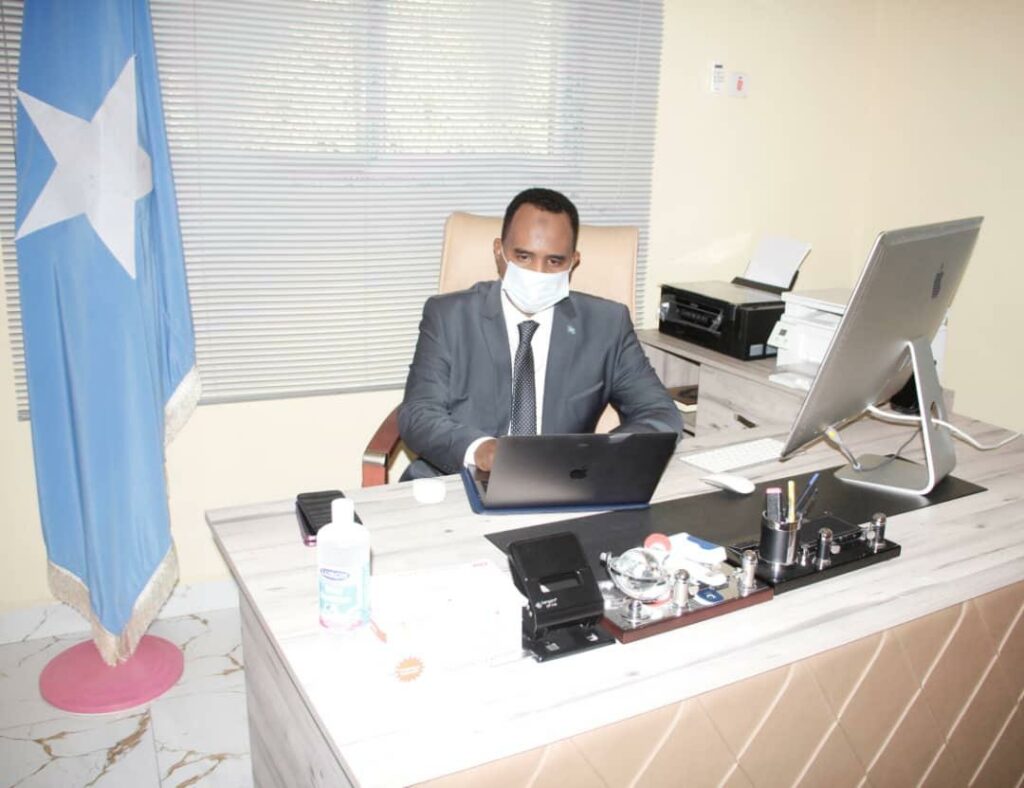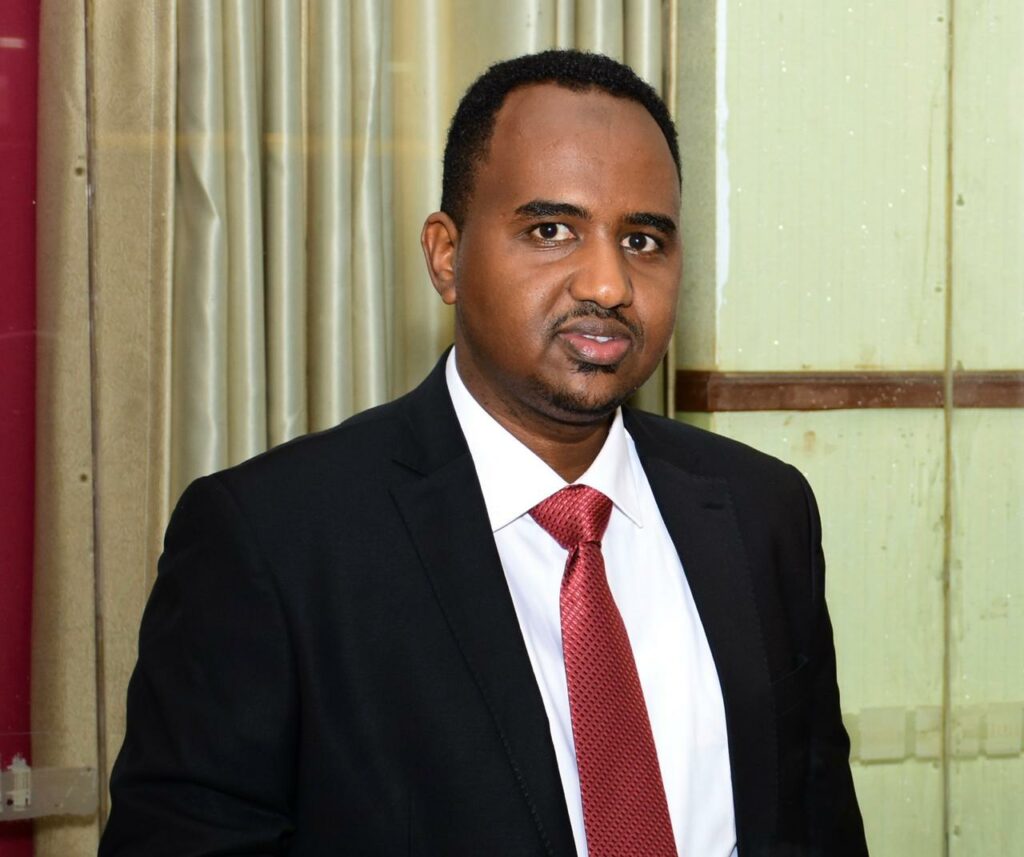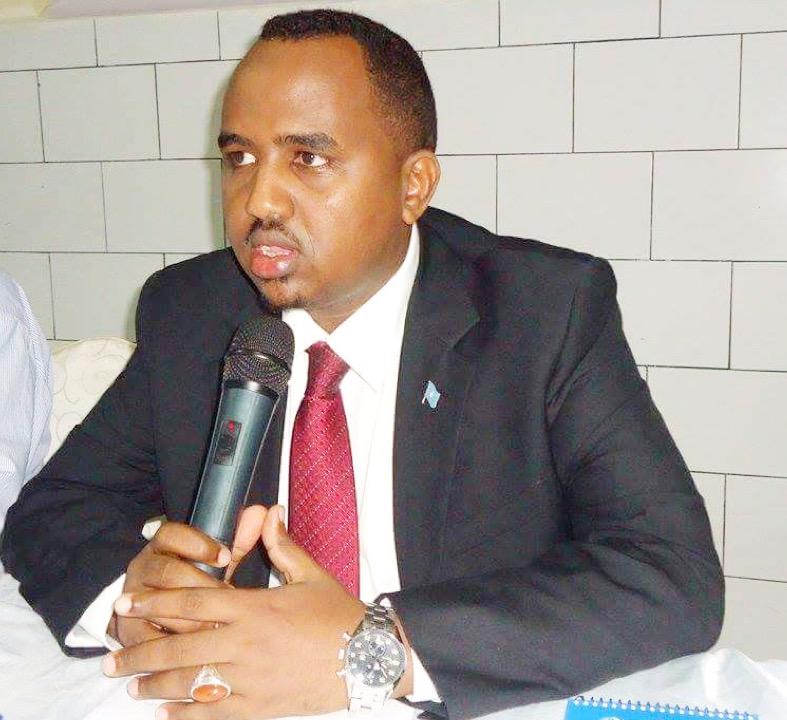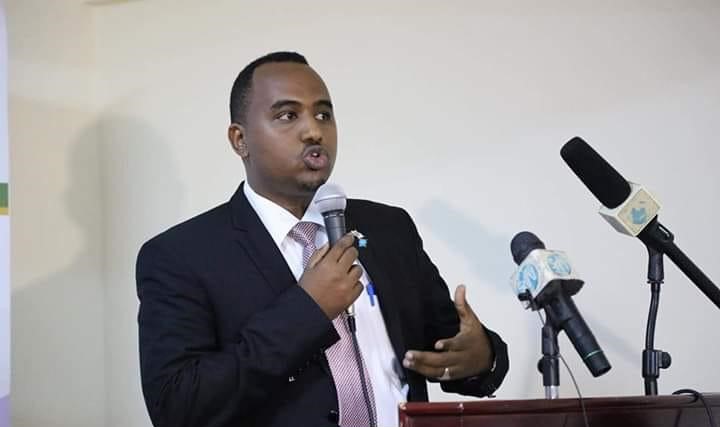The Covid-19 pandemic, which has been estimated to have already infected 10 percent of the world’s population, is likely to have longer-term economic implications regarding income, debt, food security, health, poverty and education.
While vaccines represent a glimmer of hope for the world’s health, they will not immediately resolve the economic scars that countries face because of Covid-19 and related lockdowns. The economic consequences of Covid-19 are most visible in the poorest countries where pre-existing economic vulnerabilities are already being worsened by the pandemic. Cape Verde, the most heavily infected country in Africa on a per capita basis, derives 18 percent of its gross domestic product (GDP) from tourism, a sector that has been devastated by Covid-19.
Historically, pandemics have economic impacts that last far longer than the virus itself. One hundred years after the Bubonic Plague of 1348 – 1350, for example, Europe’s population was still smaller than it was before the plague. This devastating impact had significant economic consequences for those who survived, creating labour shortages, higher wages, and the rise of Europe’s middle class.
The flu pandemic of 1918 infected 30 percent of the world’s population, killing between 3 percent and 6 percent of all people worldwide. As for Covid-19 in Africa, it remains unclear what the long term economic consequences are. What appears likely is that the economic impact of Covid-19 will last much longer than the virus itself.

Food Insecurity
The number of people who were food insecure in 2019 was estimated to be 135 million, with the spread of COVID-19 in 2020, this figure is projected to nearly double to 265 million. Oxfam estimated that 12,000 additional people per day could die of hunger by end of 2020.
There are various reasons why food insecurity and hunger have risen with the spread of COVID-19, including the lack of access to agricultural inputs (including seeds and fertilizer), restrictions on imports and exports, and an inability to move products to domestic markets (due to lockdowns that restricted domestic trade). As farmers have been unable to seek agricultural products, the farmers’ purchasing power has declined, resulting in further food insecurity and starvation.
Health
African countries face several health impacts indirectly related to COVID-19, predominantly because people are unable and unwilling to access essential health services, for example, one study in Kenya estimated that a three-month suspension of tuberculosis services followed by a gradual 10-month recovery would result in 24,700 additional tuberculosis cases and 12,500 tuberculosis deaths over the next five years.
COVID-19: How the pandemic has changed the Africa economy
Another analysis of HIV-treatment indicated that a disruption in treatment caused by COVID-19 could result in an additional 500,000 HIV deaths in Africa. Another global analysis projected that a three-month lockdown could result in 2 million additional women being unable to use modern contraceptive methods and an additional 15 million cases of gender based violence.
According to the World Health Organization’s (WHO) regional office for the continent in Nairobi Kenya, rising cases of coronavirus in Africa threaten to overrun fragile healthcare systems and test the continent’s much touted resilience to the disease.
Poverty
According to the World Bank, COVID-19 could push up to 150 million people globally into extreme poverty by 2021. For many African families, economic progress is determined in large part by changes in income. The question is whether families are earning more or less than they were the previous year. This question was asked as part of telephone surveys of households conducted in various African Countries since the start of the pandemic. The results appear to indicate significant loss of income.
Education
COVID-19 has resulted in the closure of schools and other learning spaces for 99 percent of students in low-and-middle income countries. While the closure of schools has a direct impact on children and their ability to become educated, it also has an impact on their nutrition, the ability of parents to work, and the protections against gender-based violence that being in school provides especially for girls and young women.

Third-wave COVID-19 in Kenya
In Kenya the surging third wave of Covid-19 in Kenya is slowly shutting down both public and private institutions, as the virus holds sway amid soaring deaths and infections. From national government departments to public sector corporations, county governments to their assemblies, key services are grinding to a halt as workers are quietly being sent home.
The national government and counties have started scaling down their operations as they battle to stop the virus that has killed 2,066 people. The Ministry of Labour and the Public Service Commission (PSC) have already directed public servants to begin rotational work shifts to maintain physical distance in the offices. The government locked five neighboring counties of Nakuru, Kiambu, Kajiado,Nairobi and Machakos to curb spread of the virus.
The estimated loss is equivalent to 2.4 percent of Kenya’s US$96 billion GDP that makes it Kshs. 8 billion every day to the COVID-19 lockdown. The knock-on effect of the lockdown is being felt further away including at the coast, where hoteliers say they are staring at Ks 150 billion in losses over the next six months due to cancelled bookings.
United Republic of Tanzania Third-wave COVID-19 Situation
In Tanzania, WHO has termed the situation very concerning. The government has yet to report on Covid-19 situation, with analysts hoping the new president, Samia Suluhu Hassan, will step up action. The former president, John Pombe Magufuli, had repeatedly trivialized the threat from the disease, instead promoting prayer as a cure. There was much talk that Magufuli had contracted the disease when he disappeared from public view.
Tanzania has lost several prominent people to Covid-19, including Seif Sharif Hamad, first vice-president of Zanzibar, in February. Others include: Prof. Benno Ndulu, Dr. Servacius Likwelile, Ambassador John Kijazi, Dr. Muhammed Seif Khatib, Mr. Atashasta Nditiye, Prof. Gaudence Mpangala, Dr. Peter Mamiro and Prof. Delphina Mamiro (husband and wife).

South AfricaThird-wave COVID-19
South Africa has officially recorded more than 1.5 million cases of Covid-19, including more than 52,000 deaths. The toll makes South Africa the country hit hardest by the pandemic on the continent, with triple the number of cases as Morocco, which has Africa’s second-highest total. An estimated 12 million people in South Africa or 20% of the country’s population are facing severe food insecurity since last September 2020 due to the pandemic, drought and high food prices. Slowdown in the national economy resulted in mass job losses over the last two quarters of 2020.
Somalia Third-wave COVID-19
The Somali Government warns COVID-19 as being dire. Officially, there are 13,324 cases recorded in Somalia, and 678 deaths. The government has capacity gaps in the conduct of wide scale testing and for many Somalis. Testing COVID-19 positive, could accompany one with long-term social and economic repercussions that outlast the actual risk of transmitting the virus to others according to humanitarian groups.
Wearing of masks is frowned upon by Somalis and anyone with a mask is treated like a pariah and an outcast. Across Somalia, health systems are weak and some areas are inaccessible due to conflict. Because of this, widespread contact tracing is not happening and health facilities often don’t have emergency specialists or the right equipment to handle severe COVID-19 cases.
Across Somalia, there are eight polymerase chain reactors, or PCR, testing labs, six testing centers using GeneXpert machines and only 24 Intensive Care Unit beds for critical cases of COVID-19 according to an email from the World Health Organization(WHO).
Somalia has been feasted with worst locust invasion which threatened food security; floods that displaced over 650,000 people; ongoing conflicts; weakened flow of remittances which many Somali families depend on for their livelihood, these besides COVID-19 pandemic threat; currently, an estimated 3.5 million people can’t meet their basic food needs. COVID-19 pandemic disrupted Somalia’s economy, gross domestic product(GDP) growth contracted to 2.5 percent in 2020, down from 2.9 percent in the previous year, due to the pandemic.
Finally, Africa must be prepared for the next pandemic, establish contingencies for various scenarios to keep African economies running, while maintaining healthy and well-educated populations. In the meantime, the cure besides the many vaccines being injected into the arms of many is to strictly wear a mask, wash hands regularly, observe physical distance and avoid crowds.
Governments should in the meantime ease lockdowns and work on enforcing simple rules with precision i.e., wearing of masks by everyone, washing hands regularly, observing recommended physical distance in every space and everything shall be well.
The writer, Dr. Abdiqani Sheikh Omar is a Senior WASH Strategic Policy Advisor at the Ministry of Energy and Water in Somalia and Former Director General at Ministry of Health and Human Service, FGs.

